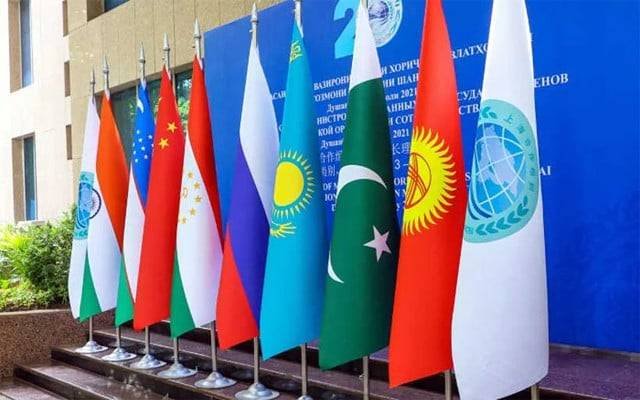In Pakistan, the right to peaceful assembly is a fundamental right enshrined in the Constitution, offering citizens the ability to express their views and participate in democratic processes. This right is critical, particularly for political parties like PTI, as it allows them to mobilize support, voice opposition, and influence national policies.
Article 16 of Pakistan’s Constitution guarantees that “Every citizen shall have the right to assemble peacefully and without arms, subject to any reasonable restrictions imposed by law in the interest of public order.” This legal provision ensures that citizens can gather to express their opinions and engage in political activities without fear of repression. The importance of this right is amplified for political parties like PTI, as it serves as a key avenue for demonstrating their political strength, rallying supporters, and advocating for their agenda.
For PTI, the freedom to assemble is especially crucial in the context of ongoing political tensions and opposition to the ruling government. The party has consistently used public demonstrations and rallies to call attention to perceived injustices, such as the alleged rigging of elections or the unlawful detention of leaders, most notably former Prime Minister Imran Khan. By holding peaceful protests, PTI asserts its role as a major political player and ensures that its supporters’ voices are heard, especially when the party feels that the legal or political system has not provided adequate avenues for redress.
However, the right to assembly is not absolute. The Constitution also allows for “reasonable restrictions” to be placed on gatherings in the interest of public order. Authorities often justify such restrictions, especially in the case of large protests, by citing concerns about potential violence, disruption of daily life, or the security risks posed by large crowds. These restrictions, while legally permissible, must be balanced carefully against the right of citizens to assemble freely, ensuring that measures taken do not infringe upon democratic freedoms unnecessarily.
For PTI, the ongoing struggle for the right to peacefully assemble highlights the broader issue of political expression in Pakistan. Restrictions on these protests can be seen as limiting the party’s ability to challenge the government and advocate for its causes. As such, the right to assemble peacefully is not just a legal right but also a vital tool for political participation and the health of Pakistan’s democracy.
In the current political climate, with protests and rallies frequently being met with heavy security, roadblocks, and even arrests, the issue of freedom of assembly is at the forefront of political discourse in Pakistan. The PTI, along with other opposition parties, argues that without the ability to organize and protest, they are denied a critical avenue for opposing government actions and holding those in power accountable. Thus, ensuring the right to peaceful assembly is central to safeguarding democratic principles and allowing for a robust, active political debate in Pakistan.















